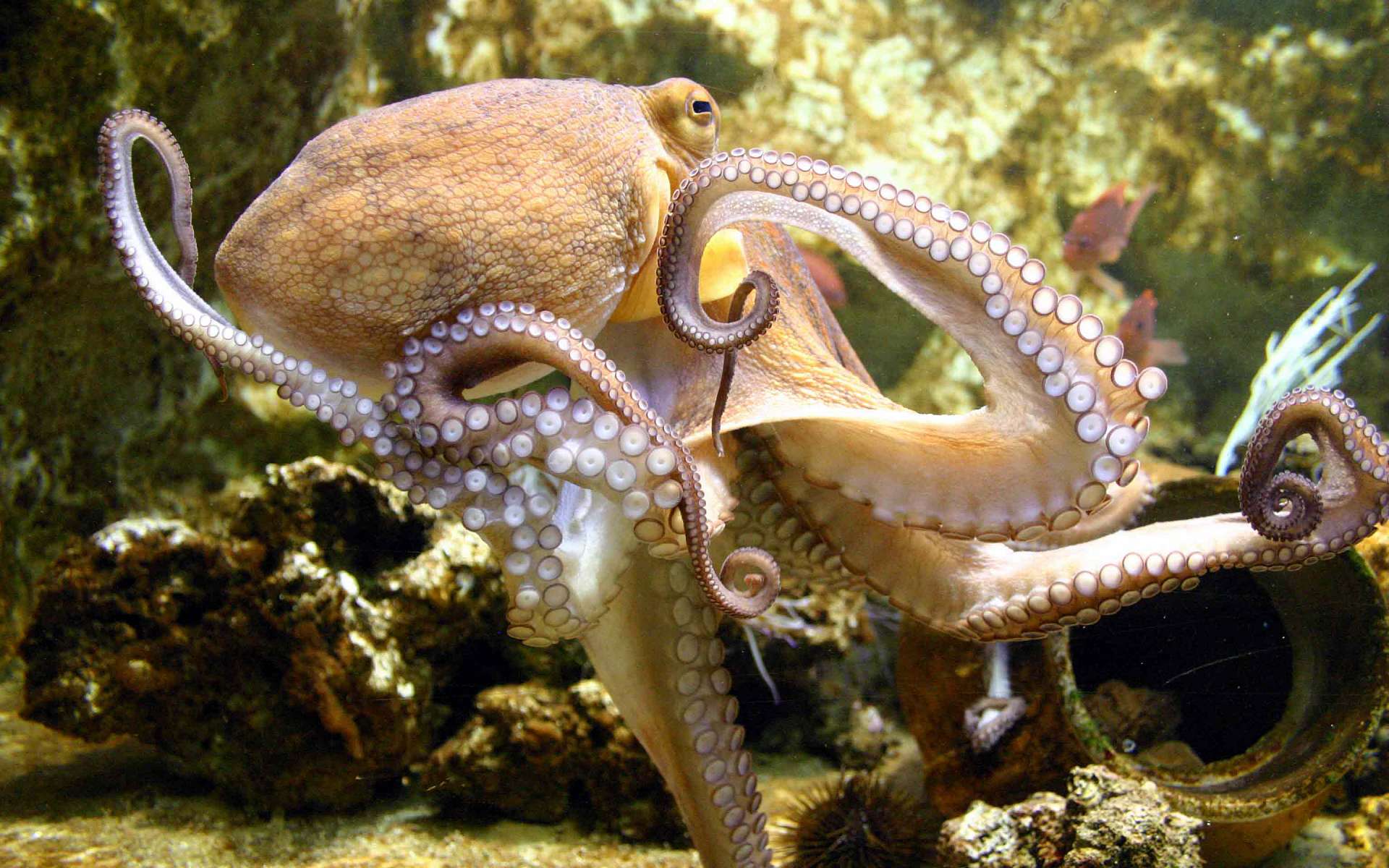

They use it to hunt their prey almost effortlessly but with devastating efficiency. It is a thousand times more lethal than cyanide and has no known antidote. It produces a powerful neurotoxin called tetrodotoxin that is more lethal than any poison found above the surface of our oceans. But the blue-ringed octopus takes toxicity to a whole new level.

Unknown to a majority of people most cephalopods including all octopus, most squid and even cuttlefish are venomous to some degree. But they possess several qualities that make them much more intriguing and dangerous than any other octopus. Despite their name they will normally appear yellow in colour and could easily be confused as a juvenile of one of the more common species. They grow to around five inches long and have a relatively short lifespan of around two years. However what really stands them apart at first glance is their size. They swim via jet propulsion and have the tentacles, beak and body shape that is synonymous with octopuses. When they do feed they eat crabs, shrimp and other crustaceans along with some small fish. They spend a majority of their time hiding in crevices using their boneless bodies to squeeze through tight cracks and dermal chromatophore cells to change colour and camouflage expertly. In terms of basic physiology and behaviour they are extremely similar to other members of the octopus family. But these colourful characters are just another example of how interesting and surprising octopuses can really be.īlue-ring octopuses can be found across the Pacific and Indian oceans living in tidal rock pools or on coral reefs. A couple of close calls with tourists in recent years have some people on edge. But whilst they may be small enough to fit in the palm of your hand, they’re also toxic enough for that to be one of the last things you ever want to happen. They are also quite possibly one of the most adorable growing to a max length of only five inches. Named after the psychedelic patterns that appear on their skin when threatened, Blue-ringed octopuses are one of the most colourful cephalopods you will find in the ocean. A blue-ringed octopus shows off how it gets its name Despite only growing to five-inches long the blue-ringed octopus is quite possibly the most deadly cephalopod in the ocean with a toxin 1000 times more potent than cyanide.


 0 kommentar(er)
0 kommentar(er)
